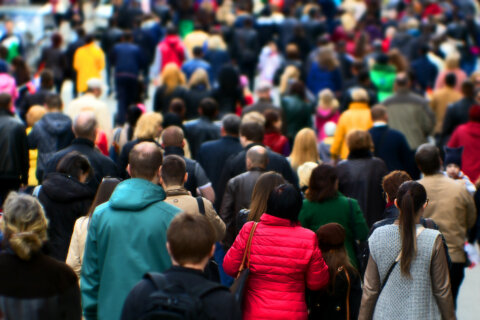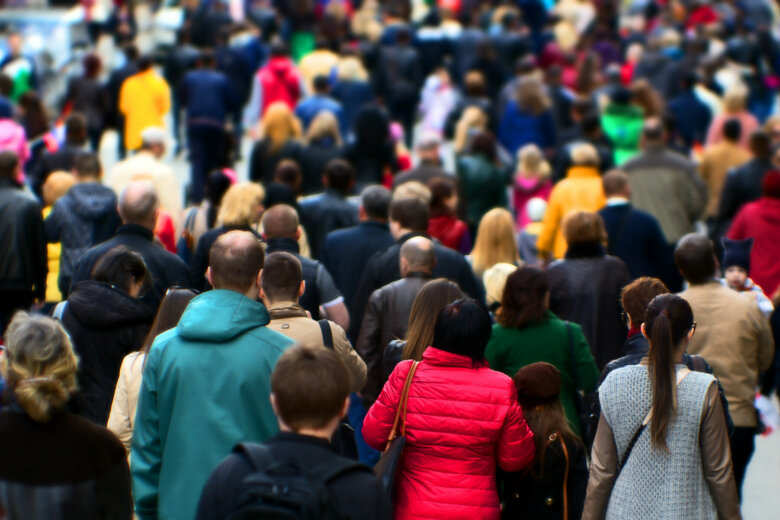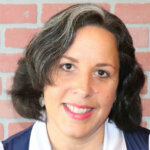
Some think if they avoid people who look sick, they can avoid the new coronavirus, but that will only help in some cases.
According to the Centers for Disease Control and Prevention, people infected with the coronavirus are most contagious when they’re the sickest — though some spread might occur before people outwardly show symptoms, which may have contributed to the virus’ early spread in central China.
“About 80% of patients who contract this virus have either mild symptoms or are asymptomatic — have no symptoms,” said Dr. David Marcozzi, the University of Maryland medical system’s incident commander for response to COVID-19, the World Health Organization’s name for the disease caused by the virus.
- DC-area schools tweak schedules in response to coronavirus
- Coronavirus tips: Use common sense, don’t panic over DC-area cases
- Coronavirus test results in DC, Maryland and Virginia
- Coronavirus FAQ: What you need to know
- Closings and delays
- How federal agencies are preparing
- Sign up for news alerts from WTOP
“One of the patients from the Diamond Princess cruise ship commented that she was positive for COVID-19, but she only felt like she needed a sweater that day. That was the extent of her symptoms,” Marcozzi said.
Since the degree which the virus might sicken people varies, it might be hard to gauge how widespread the virus is, or whether where you are is putting you at risk. He says people who are obviously sick, coughing and sneezing are certainly spreading it.
But when it comes to those who are asymptomatic: “We don’t know how much they are spreading and the science is still unfolding as we better understand this.”
Coronavirus: Know the symptoms
The CDC says the following may appear between two and 14 days after exposure:
- Fever
- Cough
- Shortness of breath
Health officials recommend calling your doctor if you develop symptoms and:
- Have been in close contact with a person known to have COVID-19
- Recently traveled from an area with an ongoing community outbreak
Marcozzi said the best course of action is still prevention and avoidance.
“Make sure that you don’t come in close contact with folks, and you’re making sure that you stay out of big congregations, for instance, churches and synagogues,” he said, recommending looking for online video streams of your religious services instead.
In addition, he recommends telehealth, teleeducation, telework, and any other ways you can go through your day with as little contact as possible with others to avoid exposure.
He says the more people do this and become more hygiene conscious, the sooner the spread of coronavirus can be slowed.








